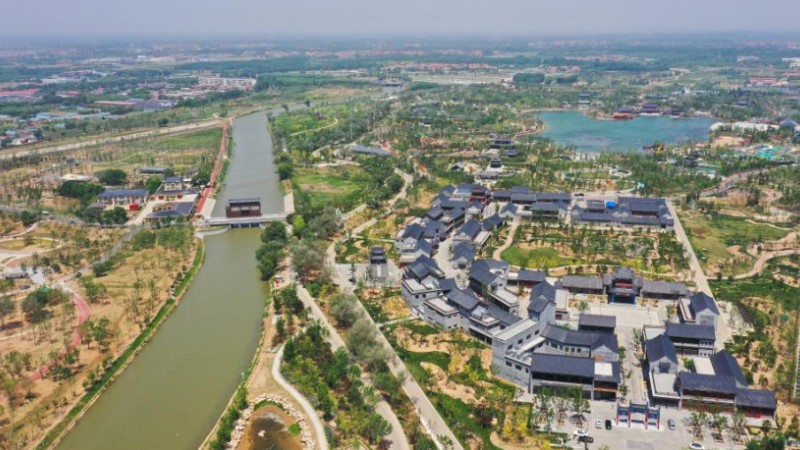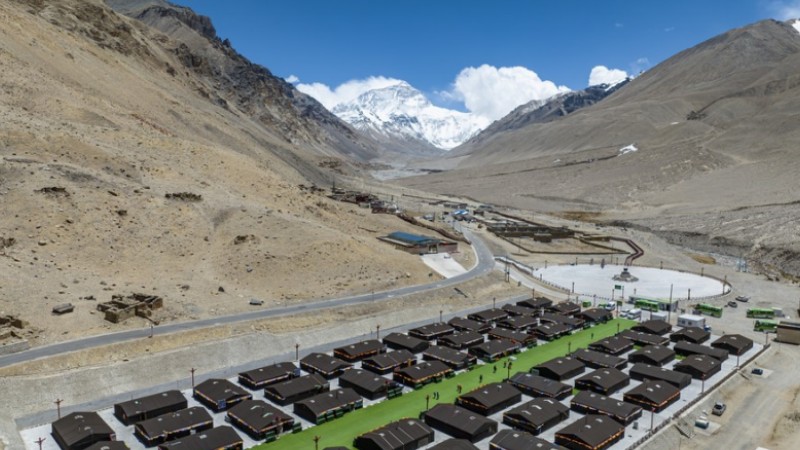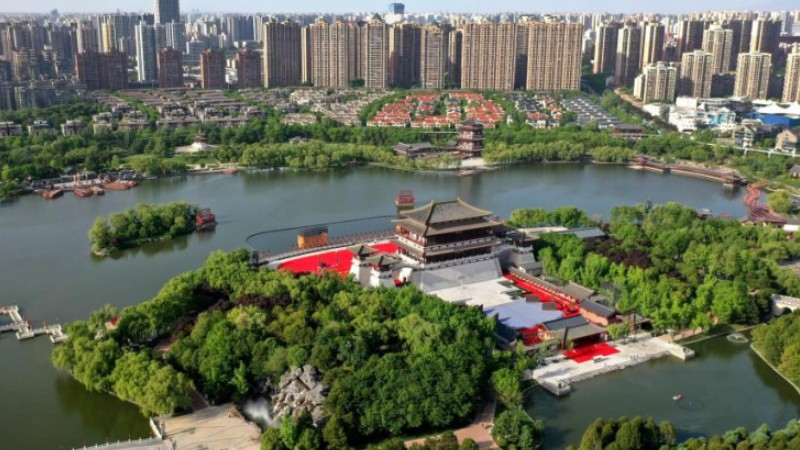Poverty reduction is not philanthropy
Guyana is in a very unique place in its history and among its counterparts in the Western Hemisphere. In the process of what seems to be monumental transformation, the government faces pressure from certain factions of society to apparently make all the country’s issues immediately disappear. One of these issues, though not unique to Guyana, is poverty reduction and eradication.
However, the path that Guyana should take on poverty elimination is usually up for debate. China, a new global powerhouse, also has a poverty issue, but has made significant strides.
The World Bank points out that in 1990, more than 750 million people lived below the international poverty line, which stood at $1.90 a day. This accounted for, at the time, 66 percent of the country’s population.
By 2012, Professor Wang Sangui from the China Anti-poverty Research Institute at the Renmin University of China noted that the number stood at 98.99 million people, a significant decrease.
These figures were also confirmed by the World Bank.
In 2021, China eradicated absolute poverty.
But what is the key to China’s success in poverty eradication?
At the publication of this article, I would have spent some 13 weeks in the People’s Republic of China, interacting with high-level professors, politicians, business moguls and diplomats. With Guyana’s ability to implement mechanisms to reduce poverty, I thought it would be remiss of me not to ask for salient advice on this issue.
Visiting the Party School of the Communist Party of China, I asked the question every Guyanese would pay to get the answer to: What advice would you give to Guyana to reduce poverty?
The response was mind-boggling: “Poverty reduction is not philanthropy,” one senior lecturer at the school posited.
This made me think. Is this what some politicians have proposed at the highest level of the legislative arm of government?
Human resource development (education), urbanization, industrialization, and employment opportunities were the specific mechanisms pinpointed by the experts, shunning the doling out of direct cash transfers or “handouts” and immediate salary spikes.
Though clear evidence exists on how the standard of living can be improved through these targeted mechanisms, a motion emanated from the parliamentary opposition requesting that the government gives every Guyanese citizen over the age of 18 $200,000 every quarter. I shudder to think that such a proposal would make its way to the floor of the National Assembly.
Fortunately, the investments we have actually seen since we drew first oil have been in the direction of what we have seen brought and continues to bring China great success.
In terms of human and economic development, the Guyanese government has awarded more than 13,000 scholarships to Guyanese to attain higher education, and trained 7,000 people in technical and vocational areas in 2021 and 2022, according to the Board of Industrial Training Guyana. Agro-processing and local manufacturing has increased significantly with an ambitious goal of making manufacturing more lucrative through the gas-to-shore project, and many others.
Following some aspects of the Chinese model, this may be the answer to the woes of poverty in our country. I'm excited to see what happens next.
Shaquawn Gill is a Producer at the Department of Public Information, the official information agency of the Government of Guyana.
Photos
Related Stories
- China sets example for global poverty reduction: Bolivian politician
- Chinese-aided poverty reduction project to benefit rural Zambia villagers
- Strengthen sharing of China’s experience in poverty reduction to boost the Global Development Initiative
- China's poverty reduction sets example for the world: report
- China offers unique lessons for Africa on poverty reduction: Zambian president
- China's success in poverty reduction significant achievement: experts
Copyright © 2023 People's Daily Online. All Rights Reserved.









